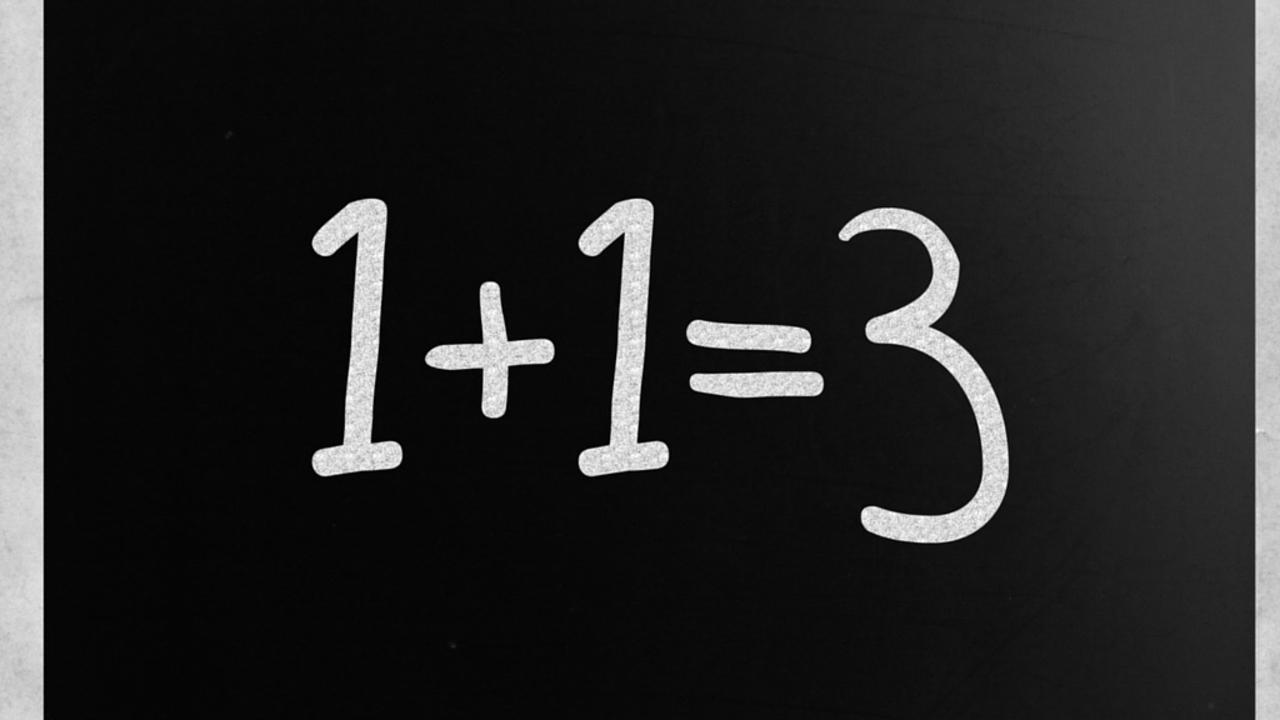Developing Player Mental Toughness: The Most Common Coaching Mistake...

Setting high expectations and standards for players is a crucial component of any optimal developmental culture because these foundations promote quality practice environments and player self-belief. But it’s vital to match these expectations and the related challenges we set players with their ability to meet them. While some people may believe that lacking these expectations and standards as coaches (of developing players) is the most common missing ingredient to player success I beg to differ...
In my experience, the most common mistake we make as developmental coaches is in fact setting these expectations and standards without having the required understanding of how to work effectively with players who can't meet them (which of course occurs quite regularly).
These players can present as negative, soft, angry, or just generally with poor attitudes.
In such cases, without intention, our attempts to set appropriate standards for our players often instead ends up perpetuating their negative attitudes...
Let’s take a look at this issue more closely.
Working with Technical Deficiencies…
Let’s first consider how a coach might work with technical issues.
Imagine a coach who begins working with a 13 year old who has been playing since age 8.
The child has an extreme western forehand grip that prevents him from hitting low balls effectively.
As soon as the coach spots the deficiency he decides to change the boy’s grip to better allow options on both high and low balls.
Naturally this task will first require the child to consciously focus on using the grip on each forehand. It will also involve a period where the grip feels uncomfortable.
It may mean that the boy’s performance decreases while he adjusts to the grip.
But over time, assuming the new grip is a better technical option, with the coach’s patience and the player’s persistence, this new grip will become more natural, leading to better technical skills, and the player’s increased performance.
What About Psychological Difficulties?
What about working with poor mental toughness?
Let’s look at common competitive challenges seen in tennis; behaving angrily and giving up.
We’ll use the example of a player who tends to behave angrily and stop trying when she’s danger of losing.
How would you approach these behaviors when coaching?
Psychological change is often a slow process.
In this situation if a coach sees attitude simply as a 'controllable'and expects that the player should be able to just decide to keep it together and keep trying it’s likely that this response will add to the player’s issues.
Because without the player having an understanding of the motivations for her behavior, and adequate skills to act calmly and compete effectively in the situation, her own negative self-judgment will likely grow.
After all she’ll probably think, “The coach is right, I should be able to keep it together and I can’t, I’m useless”.
Working with poor mental toughness often demands the same respect and patience as technical difficulties, or developing physical strength.
In fact, working with psychological issues can be a slower process because the first job is often to figure out what is motivating maladaptive competitive behavior.
While technical and physical issues are there for all to see, psychological issues are often hidden behind disguises that can make it difficult to uncover the causal factors of the behavior.
In the case of our player, by becoming angry and giving up, her actions are likely motivated in part by unconsciously reducing the pain of losing.
And just like poor technique generally develops over a long period and therefore takes a period to reverse, and just like physical strength develops over many years, so it is with psychological issues.
The Brain and Automatic Psychological Responses/Motor skills…
In fact, from a brain perspective, neuroscience findings suggest that when motor skills and psychological perspectives become habitual they are housed in the same brain area, called the basal ganglia.
When our brain figures out that we’re doing something a lot, whether it’s a motor skill or a thought pattern, it decides that rather than having to put conscious effort into the process, it makes it automatic by shifting it to this deeper brain region.
You might think of this transition like the operation of a manual versus an automatic car.
Once automatic, the brain operates these processes automatically based on what we’ve done in the past, just like an automatic car that changes gears automatically.
This makes habits difficult to change and demands extreme patience on behalf of us as coaches.
How Should We Approach Such Situations...
In contrast to more traditional views, rather than simply 'demanding' that players 'choose' to have a good attitude that meets our standards, we need to first meet their developmental realities in a patient, non-judging manner...
After all, it is generally only by helping players who lack the ability to have good attitudes to first develop understanding and self-awareness regarding their challenges, that they'll be in a place to slowly but surely make progress in developing new psychological habits over time...
